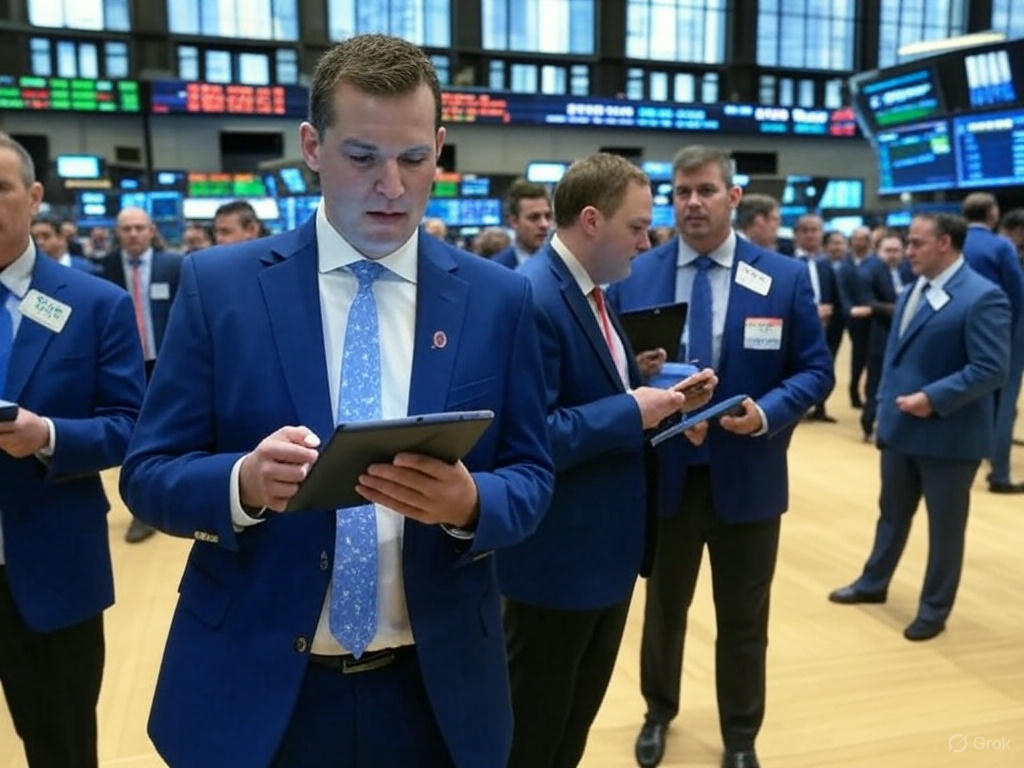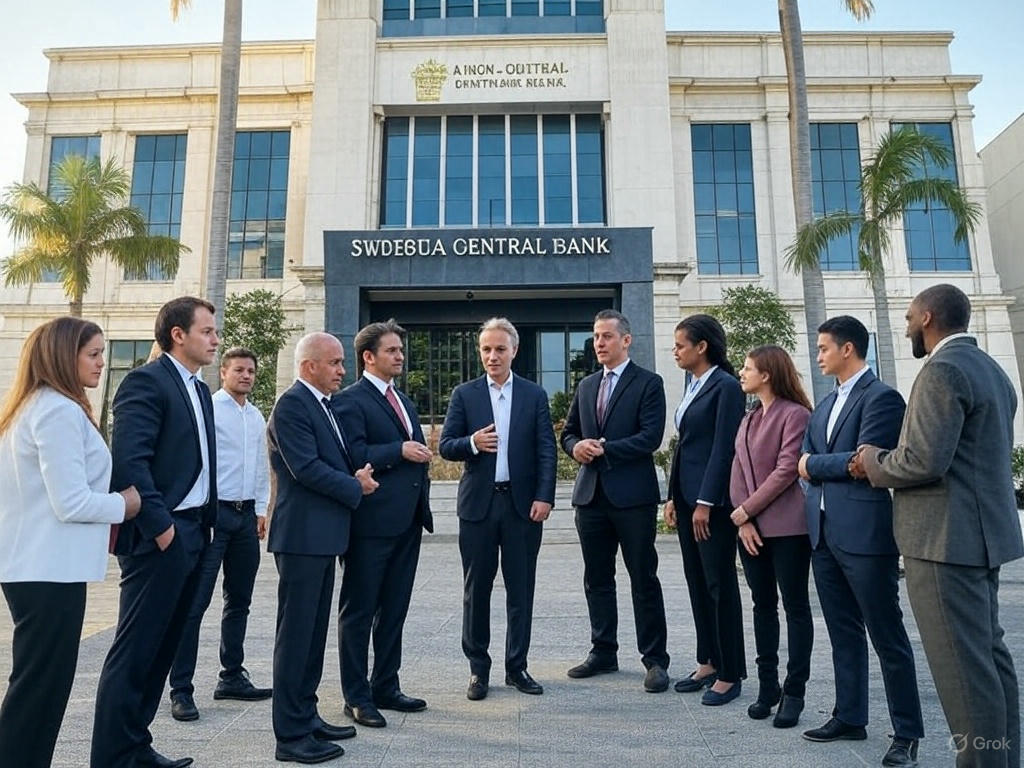The cryptocurrency market is witnessing a wave of new players entering the space, with several expected to challenge Solana’s dominance over the next six months. As innovation in decentralized finance (DeFi) accelerates, these emerging projects are poised to reshape the competitive landscape, bringing unique offerings to a rapidly evolving market.
One such platform gaining significant attention is CYBRO, a next-generation DeFi platform that has captured the interest of investors through its exclusive token presale, which has already raised over $3 million. The project promises impressive returns, with the potential for a return on investment (ROI) of 1200%, drawing in both seasoned investors and crypto newcomers. CYBRO’s presale price is set at $0.03 per token, a figure that has piqued the curiosity of the market as investors scramble to secure early positions.
To further drive engagement, CYBRO has introduced an attractive referral program. Participants can earn 12% commissions from direct referees’ token purchases, alongside 3% commissions from second-level referrals and 2% from third-level referrals. This multi-tiered reward structure is aimed at expanding the platform’s user base through community-driven promotion, a tactic increasingly favored by emerging crypto ventures.

New Players Poised to Challenge Solana as Crypto Market Sees Fresh Entrants
Meanwhile, other prominent players continue to make strides in the DeFi space. Uniswap’s UNI token remains a cornerstone of decentralized finance, allowing token holders to vote on governance changes within the ecosystem. As a key proponent of decentralization, Uniswap has cemented its position as a foundational player, driving innovations that impact the entire DeFi sector. UNI token holders have significant influence over the future of the protocol, underscoring the platform’s commitment to user empowerment and decentralized decision-making.
Another contender drawing attention is Kaspa, a cryptocurrency that utilizes a novel consensus method known as GHOSTDAG (Greedy Heaviest Observed Subtree Directed Acyclic Graph). This advanced technology sets Kaspa apart from many of its peers, offering solutions that could pave the way for groundbreaking developments in the crypto world, including the implementation of layer 2 scaling solutions. With scalability continuing to be a key challenge for blockchain networks, Kaspa’s innovation holds the potential to influence future technological advancements in the space.
Lastly, Toncoin, the cryptocurrency powering The Open Network (TON), is another player with a unique background. Initially created by the messaging giant Telegram, TON operates as a decentralized platform that aims to facilitate secure, efficient transactions. Despite Telegram’s departure from the project, TON has continued to grow, driven by a passionate and engaged community. Its focus on optimizing the speed and cost of transactions has positioned it as a practical solution for everyday crypto users, further highlighting its appeal within the market.
As these new players enter the fray, the next six months will be critical in determining how well they can compete with established blockchain networks like Solana. With each project offering distinct advantages—whether through innovative technology, community-driven growth, or lucrative investment opportunities—the cryptocurrency landscape is set for another period of dynamic growth and competition.




